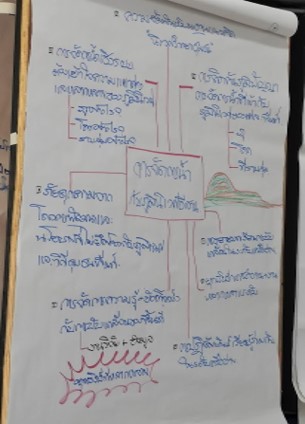Capacity Building for Sustainable Water Management at Local Level: A Case Study of Participatory Assessment of Community Water Management
Highlight: The indicators proposed for measuring how a water user group organizes and performs its water management. The researchers expect that the measures could identify not only shortcoming of a water user group in question, but capacity-building needed for uplifting performance of the water user group. This would bring about the water users’ increased capacity to manage water in sustainability transitions.
Researcher Name: Dr. Sirinon Suwanmolee
Years of execution: 2021-2022
Funder Name: National Research Council of Thailand
Objectives:
- To develop the knowledge on the Water User Association, Water user and role of agency among diversity context to deal with the pressure of climate variability, Hydrological change, customary law, irrigating policy, livelihood and ecology accordance with the growth of water demand
- To develop the tools or criteria from the lesson learnt of local water user association and international water user association to encourage the sustainable water management which addresses on evaluating tool and the competency development of water user association via deliberative process on plurals social and community culture
- To create the academic recommendation accordance with the criteria to consider the characteristic of water user association and the guideline to enhance the competency of water users leading to the transformative sustainable water using on community-based management
Abstract
Water User Association (WUA) and irrigation system and of sustainability transitions were considered to design the performance of WUA. With respect to water, sustainability transition for water management is the process of creating and developing water management innovations at the community/local level. It also encourages multi-level stakeholders to engage in a water policy process. Its aim is to create effective, equitable and sustainable water management at different levels.


